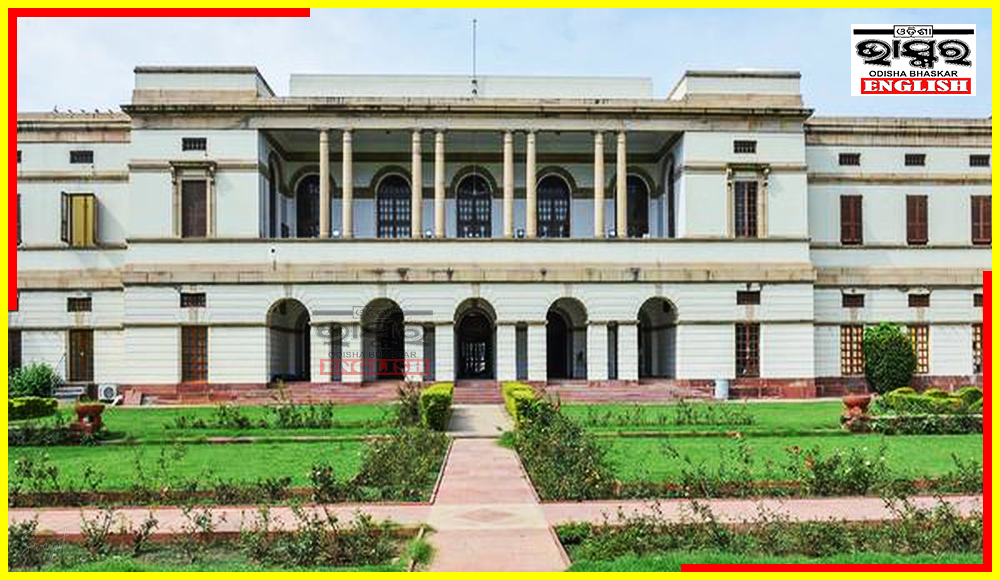New Delhi: In a controversial move that has sparked strong opposition from the Congress party, the Nehru Memorial Museum and Library (NMML) has been renamed the Prime Ministers’ Museum and Library Society.
The decision was made during a special meeting of the NMML Society, chaired by Defense Minister Rajnath Singh, who serves as the Vice-President of the Society.
According to a press release by the Ministry of Culture, the NMML, located in Teen Murti Bhavan, now houses the “Pradhanmantri Sangrahalaya,” which showcases the contributions of all the prime ministers of India, including Jawaharlal Nehru. The focus of the institution has shifted from solely highlighting Nehru to encompassing the journey of all prime ministers, leading to the decision to change its name.
The idea of establishing a museum dedicated to all prime ministers was initially proposed by Prime Minister Narendra Modi, the President of the NMML Society, in 2016. The project was completed, and the “Pradhanmantri Sangrahalaya” was opened to the public on April 21, 2022.
The change in name was motivated by the Executive Council, NMML, which believed that the institution’s name should reflect its present activities, including the depiction of the collective journey of democracy in independent India and the contributions of each prime minister in nation-building. The press release emphasized that the museum recognizes all prime ministers, symbolizing a democratic institutional memory.
During the special meeting, Nripendra Mishra, Chairman of the Executive Council, explained the need for the name change, emphasizing that the Prime Ministers’ Museum represents the nation’s commitment to democracy and should reflect its new form.
The decision to rename the NMML has drawn criticism from the Congress party. Jairam Ramesh, Congress general secretary (communication), condemned the move, accusing Prime Minister Modi of pettiness and vengeance. He argued that the change aims to distort, disparage, and destroy the legacy of Jawaharlal Nehru, who played a crucial role in shaping the Indian nation-state.




Comments are closed.